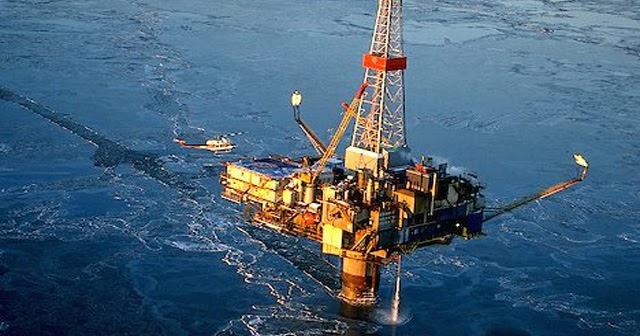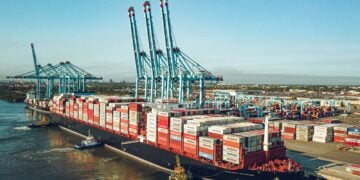Nigeria’s oil and gas sector may record long-term opportunities hindered by persistent operational risks and industrial actions.
A new report issued by the Society of Energy Editors (SEE), highlighted persistent operational risks and the dispute between Dangote Refinery and the Petroleum and Natural Gas Senior Staff Association of Nigeria (PENGASSAN) as some of the short-term crises that will hinder long-term opportunities in Nigeria’s oil and gas sector in the fourth quarter (Q4) of 2025.
In the report obtained by LEADERSHIP, titled “New Hope Tempered by Crisis”, the association noted that a transformative long-term opportunity and an acute short-term crisis in the final quarter of 2025 challenge Nigeria’s energy sector.
It noted that while a historic breakthrough in Ogoniland and resolution of political crisis in Rivers State offered a path to unlocking long-paralysed reserves, a severe labour dispute at the Dangote Refinery threatened fuel supply nationwide.
The Dangote-PENGASSAN impasse, the report observed, also threatened macroeconomic stability, putting the sector on a knife-edge.
On crude oil production, the report noted that while daily output has stabilised near 1.65 million barrels, “the Q4 outlook is a tug-of-war between groundbreaking diplomatic progress and persistent operational risks.”
The report described one recent positive development—President Bola Tinubu’s conferment of reprieve and honours on the “Ogoni 9” and “Ogoni 4”—as a watershed moment.
According to SEE, the subsequent Ledum Mitee-led report provides a concrete roadmap for resumption of oil production in Ogoniland, focusing on community equity, environmental remediation, and local content.
The report also stated that high-level talks were underway between international oil companies (IOCs), indigenous firms, and community leaders.
“The expiration of the state of emergency in Rivers State on September 18 has restored democratic institutions, de-escalating immediate political tensions and creating a more predictable operating environment,” the report said.
The report, however, cited persistent insecurity, noting that “despite progress, pre-election jitters and the potential for targeted attacks by excluded groups remain, posing a persistent threat to 50,000-80,000 bpd of production.”
It also stated that “Seplat’s integration of ExxonMobil assets is boosting output, while Shell’s onshore exit remains mired in legal challenges. The Bonga North deepwater project remains on track for year-end completion, a key bright spot for investment.”
For Q4, SEE projected between 1.62million barrels and 1.70 million barrels of daily crude oil output.





